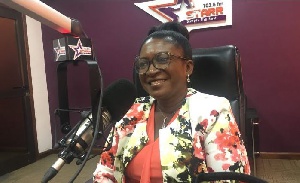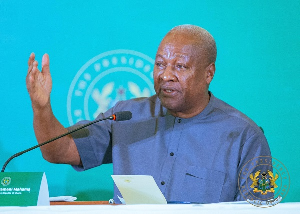A Senior Research Scientist at the Ghana Atomic Energy Commission Dr. Vivian Oduro has said Ghanaians have no reason to be afraid of consuming Genetically Modified foods.
Controversy around genetically modified foods has raged on since 2013 with groups including Food Sovereignty Ghana campaigning against it.
The Civil Society Group last year sued government over plans to commercialise Genetically Modified Foods in the country.
The group in a fresh suit dated November 23, against the National Biosafety Committee and four others, was seeking declarations on whether required processes and laws have been adhered to in the ongoing plans to commercialise GMOs.
According to court documents, the plaintiff was further seeking a declaration from the Human Rights Court on “whether or not the defendants have observed the critical domestic and international laws of risk assessment and management in relation to the release and commercialization of Bt cowpea and Bt rice in the country.”
However, speaking on the Horizon on Morning Starr, Dr. Oduro said research has proven that GMOs are safe.
“WHO [World Health Organisation], FAO [Food and Agriculture Organisation] and many international bodies have come out with statements after 30 years of scientific research and over 20 years of consumption of GMOs in various parts of the world to say that the safety of GM foods are safe as their conversional counterpart,” she told Morning Starr Host Francis Abban Wednesday.
“…And so, there is no need to fear. A lot of the fears that are out there are based on peoples opinions and not based on real scientific facts. We the scientists are telling the public that we also consume the foods and we don’t want to die. So, if there is any health implication there, we would say so,” she added.
Health News of Wednesday, 24 January 2018
Source: starrfmonline.com













